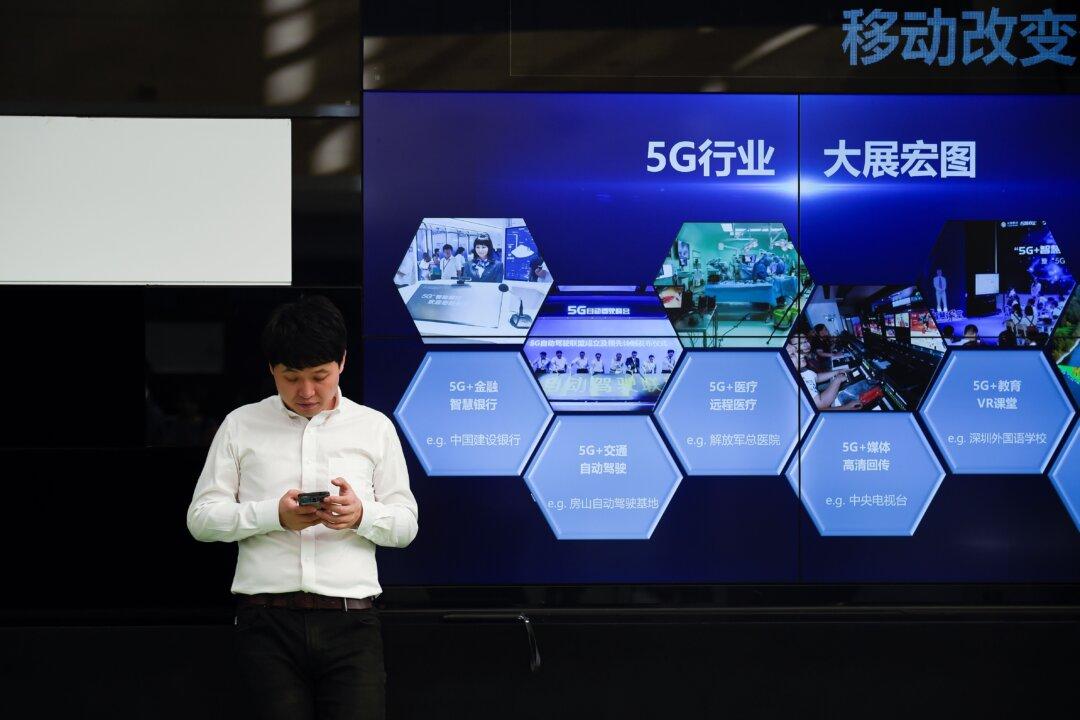The United States must lead the global development of 5G infrastructure in order to establish norms of use consistent with democratic values, according to a former White House official. To do so, it will need to compete vigorously with the Chinese Communist Party (CCP).
“Beijing has proven time and again their willingness to leverage tech production capabilities for economic and strategic advantage,” said Robert O'Brien, former national security adviser.




